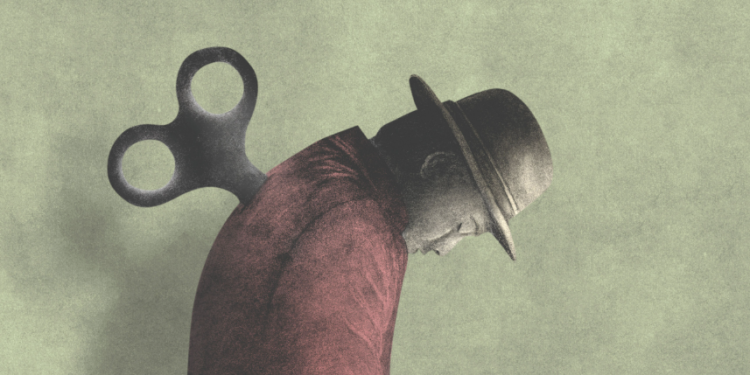By James A. Heuer, PA
One of the most common symptoms individuals experience after a traumatic brain injury is fatigue. Types of fatigue include and are not limited to: cognitive, mental, physical, and psychological. Reportedly, 70% of individuals with a TBI suffer from fatigue, expressing it as their most debilitating symptom post injury. Fatigue affects every aspect of daily life. It negatively impacts your ability to do work or complete leisurely tasks. It even interferes with their ability to drive a car, putting TBI victims in more danger.
The general population will normally feel fatigued after a long day at work or after a lengthy hike. With a TBI sufferer, fatigue occurs more quickly and more often, setting them apart from the normal day to day functions. Physical fatigue, which refers to weakness in muscles, means the body needs to work twice as hard to do normal everyday activities. Over time, the TBI patient usually regains their strength, and requires less rest. Being physically active can actually help this type of fatigue along with sleep as doctors recommend.
Mental fatigue refers to the extra effort and brain power used. Tasks require more mental strength and power to work harder. Concentration becomes more difficult resulting in a tired mind. This makes it harder to focus or concentrate.
Psychological fatigue refers to the state of depression and anxiety. Stress makes it worse; sleep does little to help. This type of fatigue makes the individual feel down, and creates little desire to do anything.
Lastly, cognitive fatigue makes it difficult to concentrate. Individuals post-traumatic brain injury experience these types of fatigue, all of which can pose a great risk of affecting an individual’s life. By being tired, it is easy to not want to participate in social activities, exercise, or take care of oneself. Setting a sleep schedule and exercising daily can improve fatigue. Reducing over scheduling, limiting visitors if it tires you out, and prioritizing activities can help too.
The most effective thing you can do to rehabilitate yourself and decrease fatigue is exercise. Exercise increases energy and endorphins. Endorphins, hormones triggering a positive response in the body, can help relieve the brain and body of stress and pain. In addition, increased oxygen level flow improves the brain’s function. You may feel too fatigued to exercise, which is why it is important to ease into a workout regime. Start with a short walk and gradually intensify activity.
James A. Heuer, PA is a personal injury attorney helping individuals with TBI after suffering one himself. He is located in Minneapolis, Minnesota.











